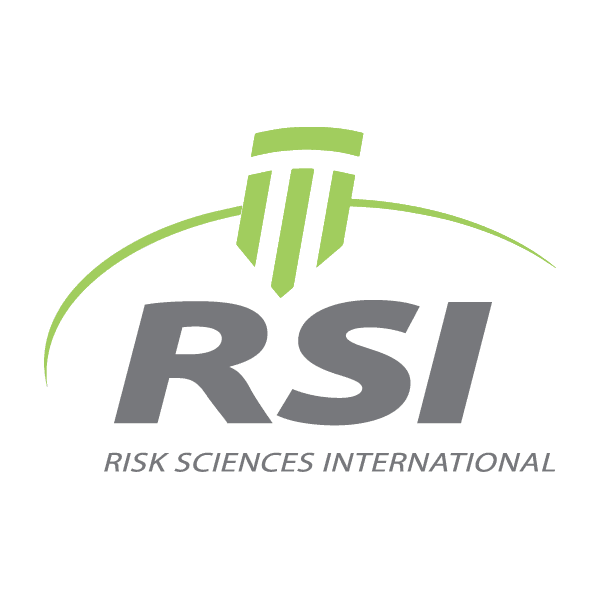Public health is the foundation of population well-being, addressing risks that range from infectious disease outbreaks and chronic conditions to environmental hazards and social determinants of health. The COVID-19 pandemic highlighted the essential role of public health systems in managing crises, but also revealed vulnerabilities in preparedness, equity, and trust.
The sector’s complexity arises from the breadth of risks and the interplay of science, policy, and society. Governments must anticipate and respond to threats under conditions of uncertainty, industries must align operations with public health protections, and communities rely on credible information and effective interventions. Inequities — by income, geography, and demographic factors — exacerbate risks, while globalization and climate change amplify exposure to new threats.
Risk sciences provide the evidence base for modern public health, integrating epidemiology, toxicology, exposure science, and social science. They support risk-based policies, inform preventive strategies, and strengthen emergency preparedness. Effective communication is central to success, ensuring that populations receive accurate, actionable, and trusted guidance.
RSI is dedicated to supporting public health systems, bringing the expertise and experience necessary to address complex risks and strengthen resilience.
RSI experience in Public health
RSI has been involved in many projects that have taken a public health approach to the analysis of an issue. For example, a project on developing an environmental public health approach to chemicals management involved a discussion paper for a workshop, and a set of case studies applying the approach to ovarian cancer, childhood cognitive impacts, chronic kidney disease and hypertension. In a project on comorbidities that increase the risk of severe outcomes from Covid-19, RSI summarized the way that environmental determinants are incorporated into population health risk evaluation, and identified a range of interventions to respond to environmentally me health conditions and inequities that are related to severe outcomes from Covid-19.

